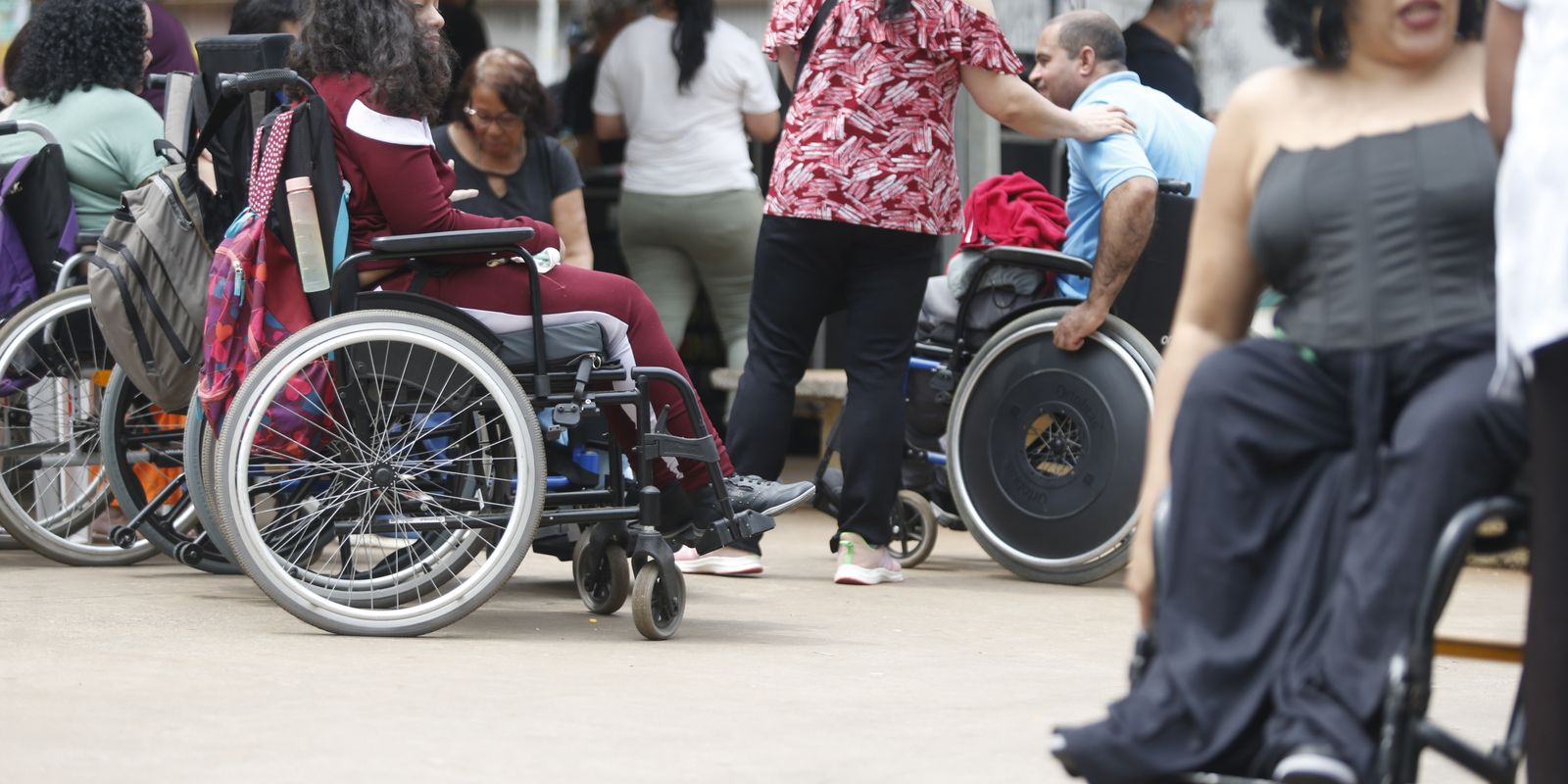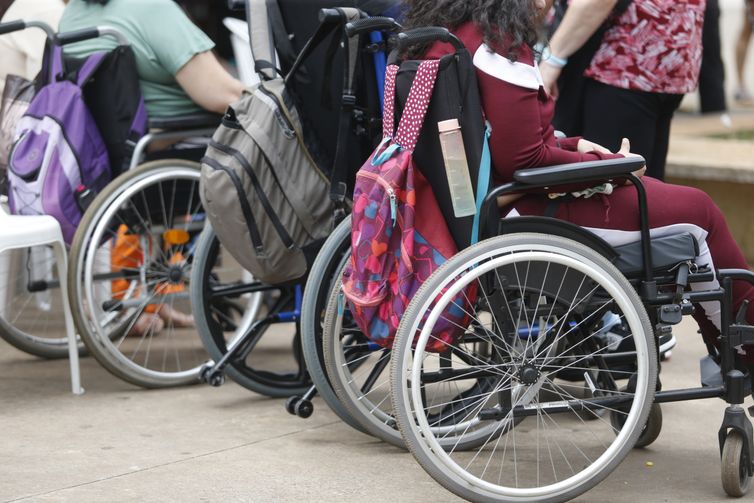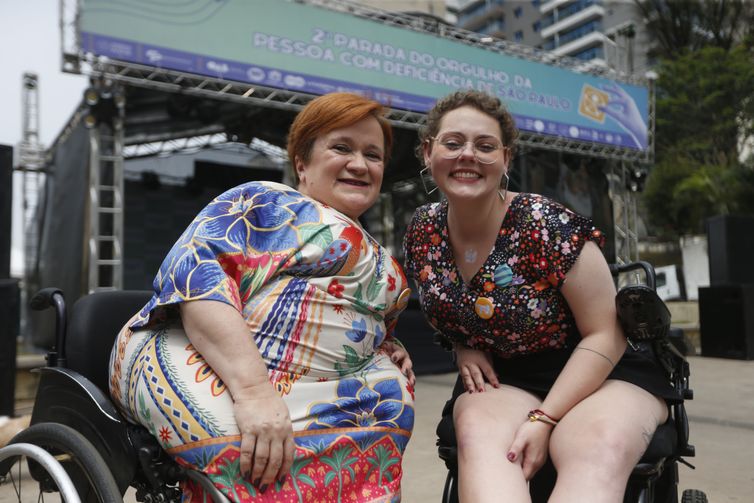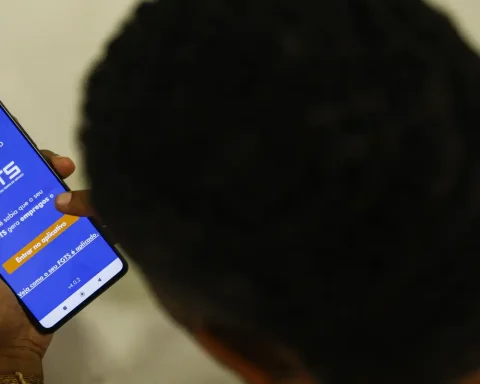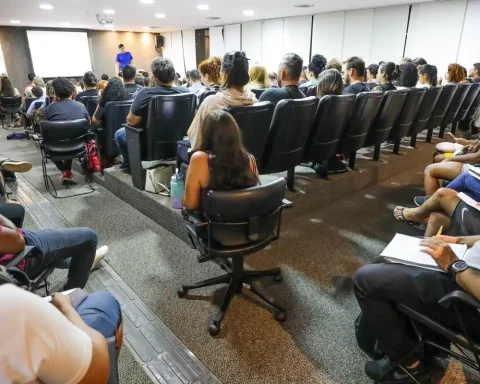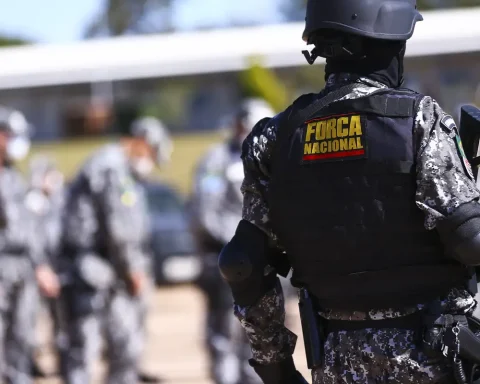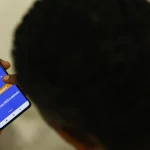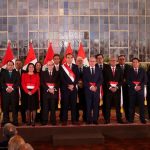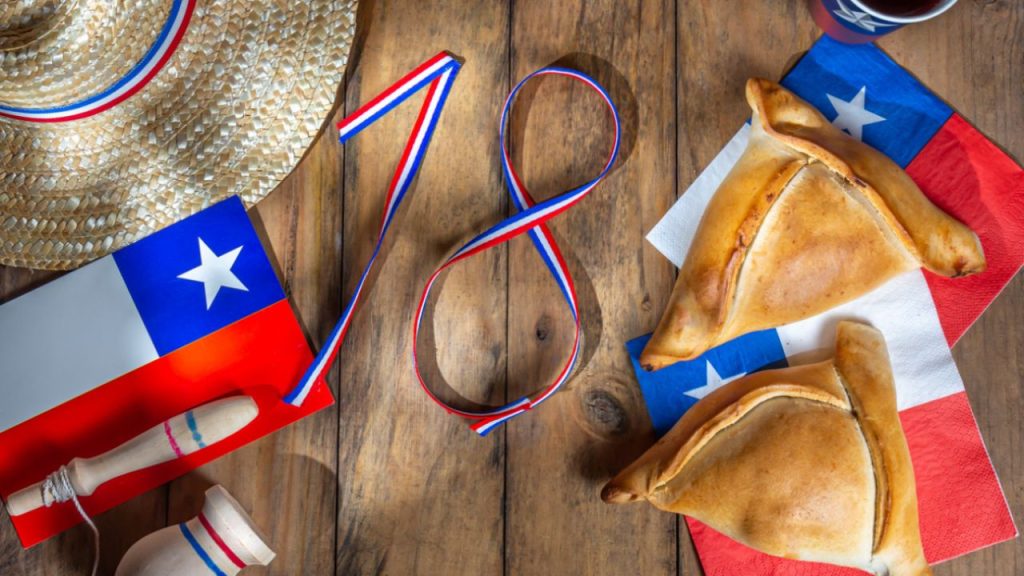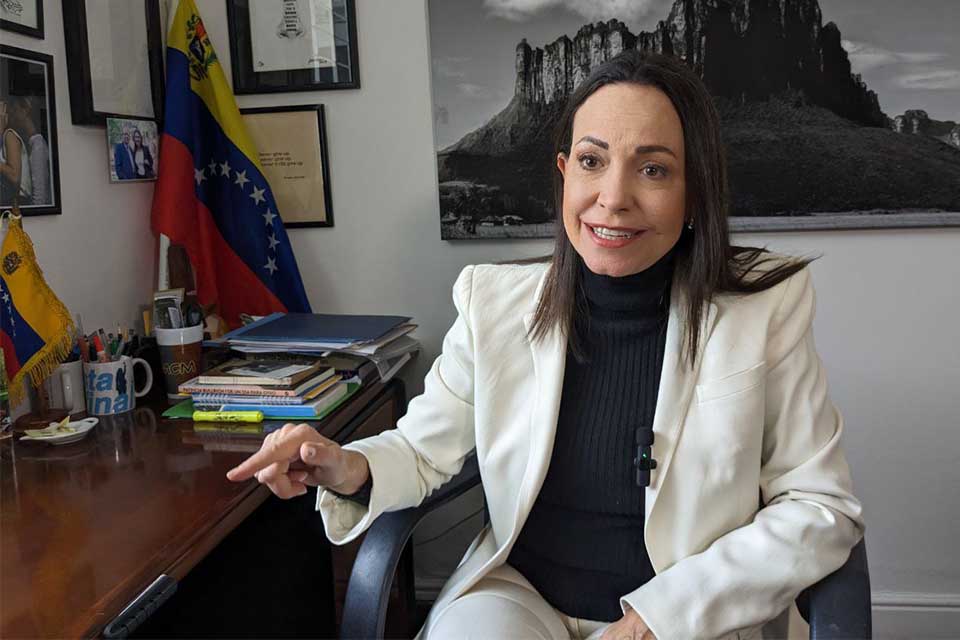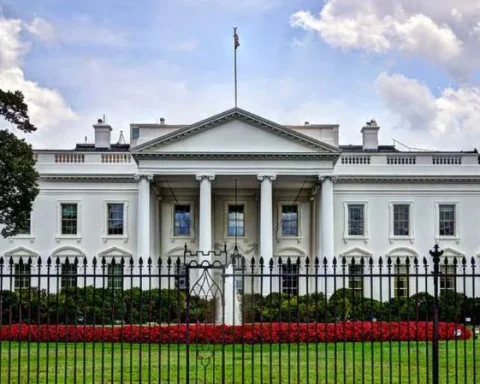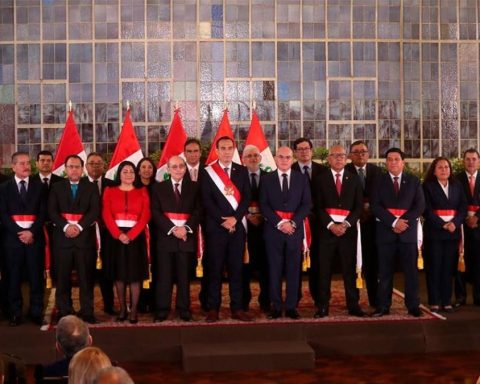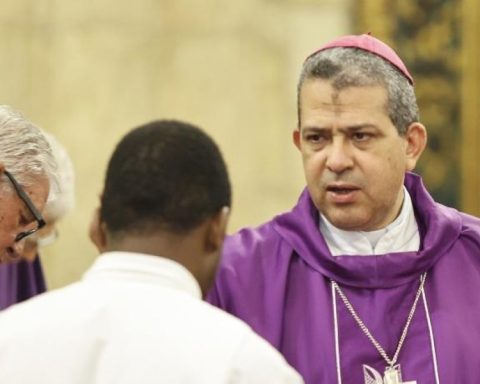In June 2023, Sônia Maria de Jesus, who lived in conditions analogous to slavery and suffered violence, was rescued in an operation carried out at the home of a judge in Florianópolis (SC). A black, illiterate woman with a profound hearing impairment, Sônia lived for 40 years in the service of this judge’s family. However, months after being rescued, a court decision made it possible for her to Sonia returned to the house of those under investigationwhich generated several protests and mobilizations throughout Brazil.
To protest against this judicial authorization that allowed Sonia Maria to return to live with the family that enslaved her, the Pride Parade for People with Disabilities (PCD) adopted the theme Free Sonia for its second edition, which is being held this Saturday (21) at Praça Roosevelt, in the capital of São Paulo.
“We talk about numbers, data and the oppression we suffer, but this is the first case of a person who had been freed from slavery returning home. Sônia is a black woman with a disability who was enslaved by the family of a judge, and was subjected to conditions analogous to slavery. She was freed from this condition, but because he is a judge and she is a deaf woman with a disability who also does not fully understand where she is, she ended up returning to this home,” explained Julia Moraes Piccolomini, president of the PCD Pride Parade.
For Julia, Sonia’s story demonstrates the oppression and violence that can be practiced against people with disabilities. “They didn’t give Sonia Maria the support she needed to be equal, to understand what she was going through. She was enslaved for being a black woman and she was enslaved again for being a woman with a disability,” said the president of the Parade, in an interview with Agência Brasil. “The violence against Sonia Maria is extreme and that’s why we are making her a priority, bringing this story as our first theme of the parade to raise awareness, to say that it is not possible that in 2024 we will be experiencing a case of slavery like this,” she highlighted.
Stop
Throughout the day, the PCD Pride Parade will promote a special program to celebrate diversity and inclusion and raise awareness about the rights of people with disabilities and accessibility. In addition to speeches and a special tribute to Sonia Maria, the event will feature concerts, cultural presentations and even an inclusive fashion show.
“People are coming from São Paulo, from the countryside, from other cities and other states to be able to express in this parade that there is a repressed demand from people with disabilities throughout the country. Our experiences of participating in the city we live in, of moving around spaces, of interacting with people and of developing our skills and potential are restricted,” said Marcelo Zig, philosopher, founder of the Collective of Black People with Disabilities and vice-president of the Parade.
“It is a demonstration by people with disabilities who are tired of the existence of a culture that continues to exclude us, whether in terms of physical and structural solutions in our society, or in terms of social or cultural issues, which continues to place us in this position of being incapable or deserving of charity. The PCD Pride Parade is here to say that our bodies are not inferior, they are different,” added Julia.
The parade also commemorates National Disability Rights Day. “PWD Pride Day is a time for reflection and consideration, where people can raise their flag and defend the rights of people with disabilities,” explained Marcos da Costa, state secretary for the Rights of People with Disabilities. “Events like this, which are happening all over Brazil, allow people with disabilities to come together, celebrate the date and increasingly spread the word about respect for and the importance of people with disabilities.”
“Today is National Day of Struggle for People with Disabilities. We made a point of holding the Parade on this day to bring greater repercussion to this date in the country,” says Zig. According to the vice-president of the Parade, despite the date existing, it is still presented in a very timid way and within a very welfare-based perspective.
“Today we are occupying the city of São Paulo, holding a parade led almost exclusively by people with disabilities. On stage we will have a parade of potential and artistic beauty, showing society that we are much more than our disabilities,” added Zig.
